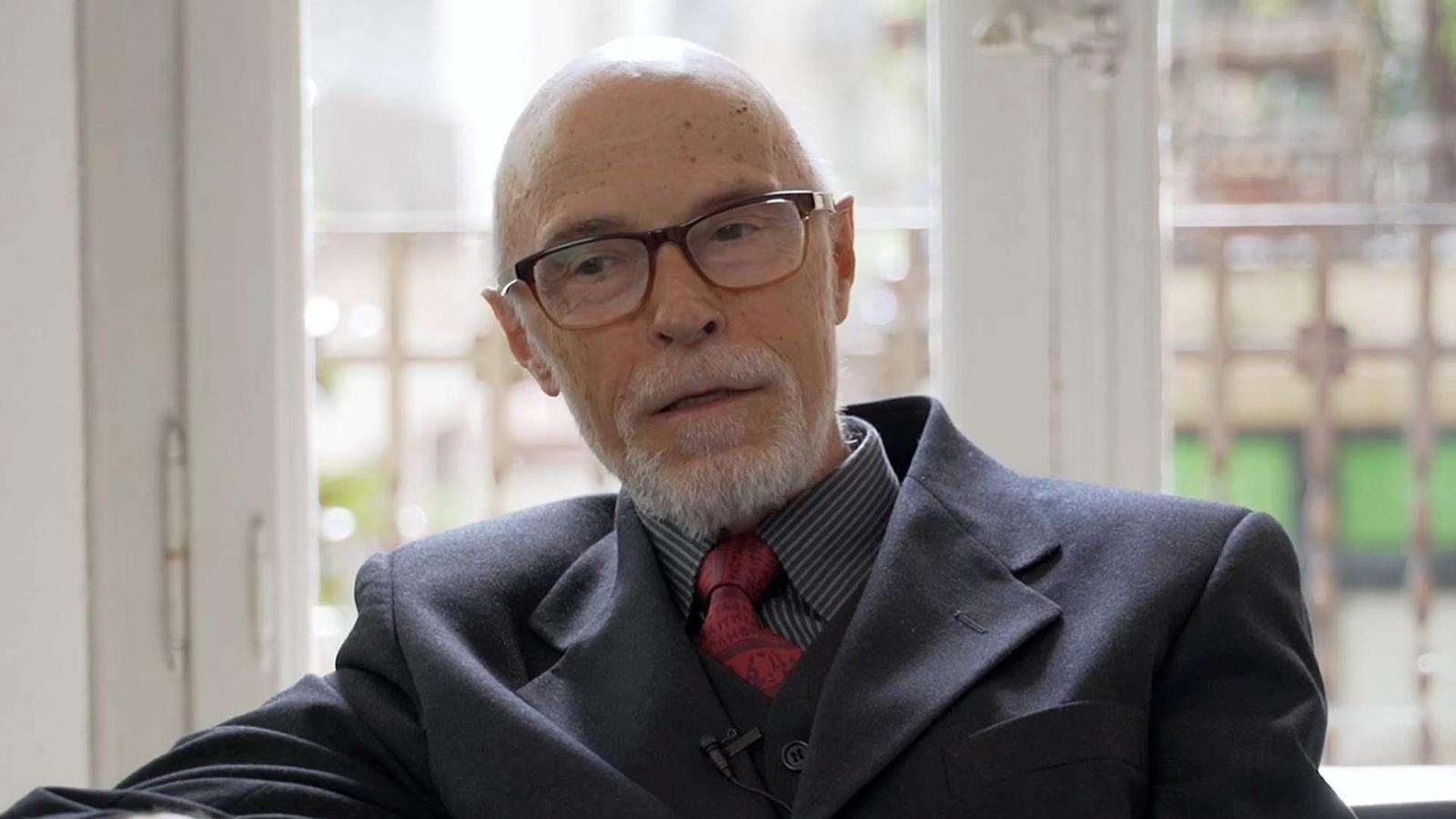Fèlix Martí, founder of the UNESCO Center for Catalonia and first director of the Bofill Foundation, dies.
He was linked to the anti-Franco movement and various organizations dedicated to working for peace.

BarcelonaThe founder of the UNESCO Center for Catalonia and first director of the Bofill Foundation, Fèlix Martí, died this Tuesday. Born in Barcelona in 1938, Martí was a philosopher and professor, associated with various organizations dedicated to peace, dialogue, freedom, and interfaith respect. His career was marked by his democratic opposition to Franco's regime, to the point of being imprisoned for a month and a half and convicted for facilitating the publication of democratic publications.
From a young age, he was involved with Scouting and the student movement, and served successively as commissioner of the "Minyons Escoltes" (Minions Escorts) (1960-1963) and director of the Sant Antoni University Residence in Barcelona (1963-1968). He graduated in philosophy in 1965 and began teaching this subject at the Catholic Institute of Social Studies in Barcelona (1968-70), where he later became director of the Sociology Laboratory. He directed the Bofill Foundation from 1969 to 1971, and later became a patron. He also taught at the Barcelona Institute of Theology (1973-1988), and in 1974 he co-founded the Socialist Party of Catalonia-Regrouping, a party he held until its absorption into the PSC-PSOE in 1978.
He served as director until 2002. Within UNESCO, he also served as president of the Advisory Committee on Linguistic Pluralism and Multilingual Education (1999-2003). In 1992, he was one of the promoters of the Association for the New Foundations of Manresa, an organization created to update Catalan demands for sovereignty and self-government.
His career has been recognized with several awards and distinctions, including the honorary presidency of the organization Linguapax (1994), dedicated to promoting linguistic diversity throughout the world, and of the UNESCO Center of Catalonia (2003), in addition to the UNESCO Medal of Human Rights (2002), the Barcelona Medal of Honor (2006) and the International Projection Award of the Generalitat (2010). In 2006 he published his memoirsStateless Diplomat, and in 2013Unknown Gods.
Arrest and imprisonment
During his time as director of the Bofill Foundation, he had to face a chapter that would remain marked in the history of the organization and also in his trajectory in Christian and Catalan anti-Franco movements. This was the month and a half of imprisonment he and an employee of the organization suffered during the Franco era as retaliation for supporting democratic publications. He himself recalled it in 2021. in a recording for a collection of videos that capture the history of the Bofill Foundation: In the context of the persecution of leaders of the Assemblea de Catalunya, in 1971 the police also searched the entity's headquarters and arrested three workers for having edited the publications of other democratic opposition organizations.
Martí, who was not at the headquarters at the time, later appeared at the Via Laietana police station and turned himself in as the person responsible. Two of the workers were released, but the third was arrested along with Martí on charges of clandestine propaganda. "I spent some bad nights at the Via Laietana police station, with mistreatment. I couldn't say it was torture, but it was mistreatment," Martí explained in the recording about the history of the Foundation. In the same document, he recalled how 72 hours later they were taken to jail, and it took them a month and a half until they were released on parole.
Two years later they were tried in the Public Order Tribunal (TOP). "Naturally, we told the truth. We said yes, we believed that the news we had disseminated was protected by the defense of human rights and freedom of information. In any case, we were not the authors of those texts, but it seemed to us that, as a democratically oriented entity, we should facilitate their publication." Both Martí and the Foundation employee who had been arrested were sentenced to two years in prison, but their lack of prior criminal records prevented them from serving time behind bars again. Their sentences were not amnestied in 1977.
